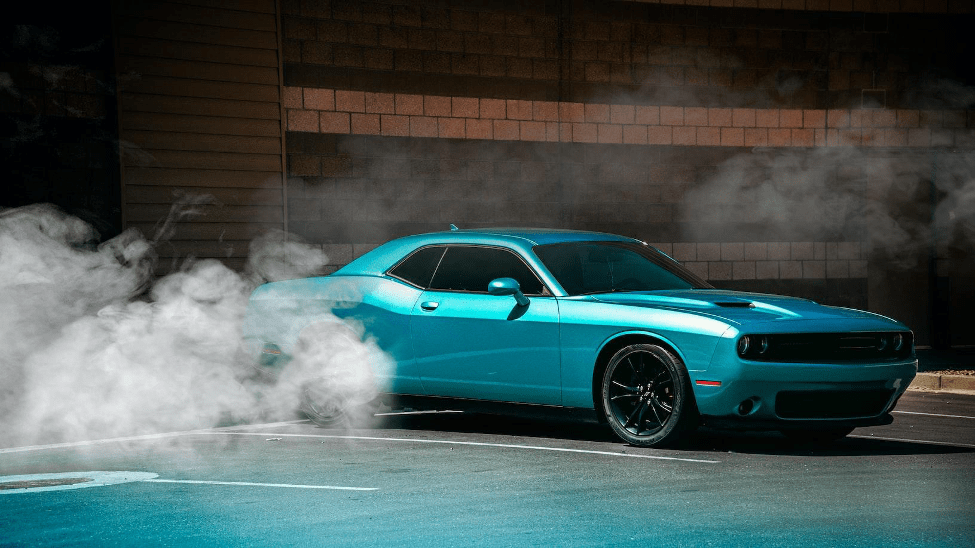
You may be an avid car enthusiast or simply want to maximize your vehicle’s capabilities. Perhaps you’ve been inspired by a TV program, or the design performance of the 1994 Barramunda. In this article, we’ll provide some essential maintenance tips to help keep your car running at its peak. In turn, you’ll be able to enjoy a smoother and more exhilarating driving experience.
Understand Its Importance
Regular maintenance tasks can ensure that all the components in your vehicle are working optimally. This allows your car’s engine to run efficiently and effectively, leading to an improved experience on the road. Ignoring these tasks can result in a decrease in power and acceleration, as well as reduced fuel efficiency. By keeping up with regular inspections and repairs, you can identify any potential issues before they become bigger and more expensive to fix.
Routine brake checks can help catch worn brake pads or faulty braking systems, before they cause a dangerous situation on the road. Maintaining proper tire pressure and tread depth improves handling and stability. It also reduces the risk of accidents due to tire blowouts or skidding. Also, worn-out belts or hoses can cause overheating or even engine failure if left unattended.
Schedule Regular Services
Book regular visits to a trained mechanic who has the necessary experience. They’ll possess specialist tools and equipment, and be able to quickly identify any potential issues. They’ll perform various checks, catching any wear and tear or signs of damage. They’ll also carry out routine maintenance tasks such as oil changes, filter replacements, and wheel alignments.
You may be a Volkswagen owner who doesn’t want their car to break down on the road. Specialist websites will reveal the Volkswagen service price, where factory-trained teams offer faster repair times and optimal performance. You can access genuine parts engineered specifically for your Volkswagen, and submit inquiries online.
Conduct Regular Oil Changes
Over time, the oil in your car becomes contaminated with dirt, debris, and other contaminants. In turn, this can hinder your vehicle’s effectiveness. By replacing the oil systematically, you ensure that your engine functions at optimal levels. As the oil gets older and contaminated, it becomes thicker and less effective in lubricating the engine components. This can lead to increased resistance within the engine, resulting in reduced fuel economy. Regular oil replacement will enable your engine to run smoother and more efficiently – saving money on fuel costs.
Neglecting regular oil changes can have detrimental effects on your car’s overall performance and longevity. Old or dirty oil can lead to increased heat buildup within the engine (due to poor lubrication). If left unchecked over time, this excess heat can cause damage to various components of the engine. Additionally, contaminated oil may not be able to effectively remove harmful by-products of combustion from the engine surfaces. This can lead to potential deposits or sludge build-up, restricting proper flow or causing blockages in crucial areas.

Replace Your Air Filters
As time passes, air filters accumulate dirt, dust, and debris from the environment. This build-up restricts airflow to the engine, causing it to work harder and reducing fuel efficiency. By regularly replacing your air filters, you ensure that clean air reaches the engine. This allows for optimal combustion and improves overall performance.
A clogged air filter can lead to other issues, such as reduced acceleration and increased engine wear. When the engine’s not getting enough clean air, it may struggle to generate enough power during acceleration. This can result in slower response times. Additionally, dirty air filters can allow particles to bypass the filtration system and enter the engine. These particles can cause damage over time by scratching cylinder walls or entering delicate components (such as valves or pistons).
Frequently Check Your Tires
These play a crucial role in providing traction and stability on the road, and their condition can significantly impact your car’s overall performance. In wet or snowy weather, it’s essential to ensure that your tires have sufficient tread depth. In turn, you can prevent hydroplaning or slipping. Worn-out tires can be particularly dangerous in these conditions, as they’re more prone to skidding or losing control.
Extreme temperatures, whether hot or cold, can affect tire pressure. As the weather changes, the air inside your tires expands or contracts accordingly. Therefore, regular monitoring of tire pressure is necessary to maintain optimal performance. Underinflated tires decrease fuel efficiency, and increase the risk of blowouts and accidents. This is because they compromise the vehicle’s handling and braking capabilities. On the other hand, overinflated tires may result in reduced traction and uneven wear patterns.
Check And Replace Your Spark Plugs
Spark plugs play a vital role in the ignition system of your vehicle. They do this by delivering electric current to the combustion chamber, igniting the air-fuel mixture, and generating power. Over time, spark plugs can become worn out or fouled with deposits. This can result in depleted engine performance, and fuel inefficiency. To check your spark plugs, locate them under the hood (they’re usually connected to thick rubber wires). Carefully remove one wire at a time and use a spark plug socket wrench to unscrew each plug. Inspect their condition; if they appear dirty or covered in black sooty deposits, they’ll need replacement. Additionally, check for any signs of damage such as cracks or excessive wear on the electrode tip.
When it comes to replacing spark plugs, consider your car’s mileage and your vehicle manufacturer’s guidelines. Start by applying a small amount of anti-seize lubricant on the threads of each new plug (to prevent future seizing). Next, carefully insert each new plug into its respective cylinder. Use hand-only tightening force until it’s snug. Avoid overtightening as this can damage the threads or break the ceramic insulator. Finally, firmly reattach the rubber wire to the spark plug. Repeat this process for all remaining plugs, before closing the hood.
You should also check your car fluids and fuel system, and conduct regular engine tune-ups. Thanks to your diligence and hard work, your car will remain at optimal performance. In turn, you’ll have a better and safer ride every day.












